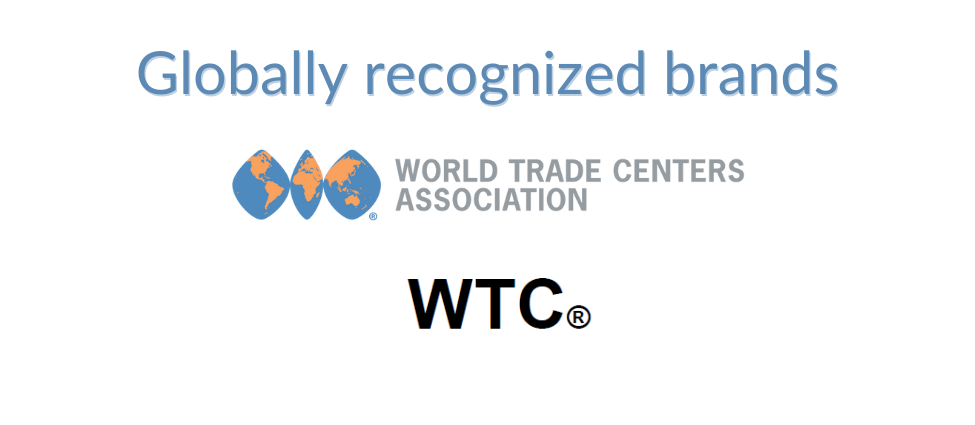
Globalization: Cause or Cure of the Pandemic?
By Karen Gerwitz, President & CEO, World Trade Center Denver
“You aren’t in traffic, you are traffic,” said my friend Bill Fulton in a recent blog. “This is a lighthearted way to remind us that we are not the center of the universe, surrounded by problems of other people’s making, but that we are very much a part of the problems that confound us.”
This adage holds true for our most significant challenges we face throughout the world: pandemics, climate change, poverty. I’ve heard many pass blame of the quickly spreading COVID 19 virus to certain countries and to globalization or trade, with our ever-increasing global travel, connectivity and integrated supply chains. We learned through this crisis and the subsequent lack of medical supplies that even a ventilator today has parts from over 10 countries, making our reliance on each other a life or death scenario. So, when one country decides to stop exporting their part to the finished ventilator product, it disrupts the entire world’s healthcare systems. Does this mean we should all re-shore our manufacturing and make all parts in our own countries? While your gut reaction may be to say yes, we know it is neither practical nor affordable to do so. Therefore, you can argue, like the traffic adage above, globalization is not the cause of the pandemic, but it is the pandemic and the cure! After all, not one of us will likely discriminate against the location of a hopeful cure. Won’t we all be clamoring for this innovative cure and readily share the knowledge it took to develop it? Isn’t this the purest form of globalization that we can all support?
The uncertainty and disruption caused by this pandemic have already closed businesses of all sizes and forced others to scale back and focus on core business functions just to stay operational. However, I implore you this is not the time to abruptly abandon your global operations or suppliers. It may be natural to think that you should pull back and focus only on a domestic market during economic downturns and get back to your international markets when things move back to normal. I have seen too many companies retract global efforts during difficulties, only to fail to claim market share during an economic boom. Global business must be your long game, with a steady, tailored effort and sound strategies that complement the overall business plan. There will be no chance to claim your market share once again if you pull out of global markets today. The time our office gets most requests is when companies are desperate for sales and the domestic market doesn’t deliver for them, so they try selling to new markets to weather the storm. Global market entry is an investment in patience, risk, timing, relationships and reward, but those rewards come to those who wait out the turbulence and continue to grow within and among your international customers.
Now is our chance, as the largest network of trade professionals around the world, to come to the aid of the businesses we serve. Together we can make a difference. Of course, our roles in the immediate term will be to help our affiliated businesses get access to much needed capital to try to retain their employees. But as soon as companies are fully operating again, they will be looking to us to support their efforts in buying or selling to grow their business. Through our connections, knowledge, expertise and resources, we now can appreciate the importance of trade services within our network. This crisis has presented a perfect storm and an opportunity for World Trade Centers worldwide to show up and make a difference. I am honored to serve in this capacity with you.
We are the pandemic. We are the cure. We will solve this challenge together, globally.
Karen Gerwitz is the president and CEO of the World Trade Center Denver, a trade association supporting the international expansion of companies in the Rocky Mountain Region for 32 years.
